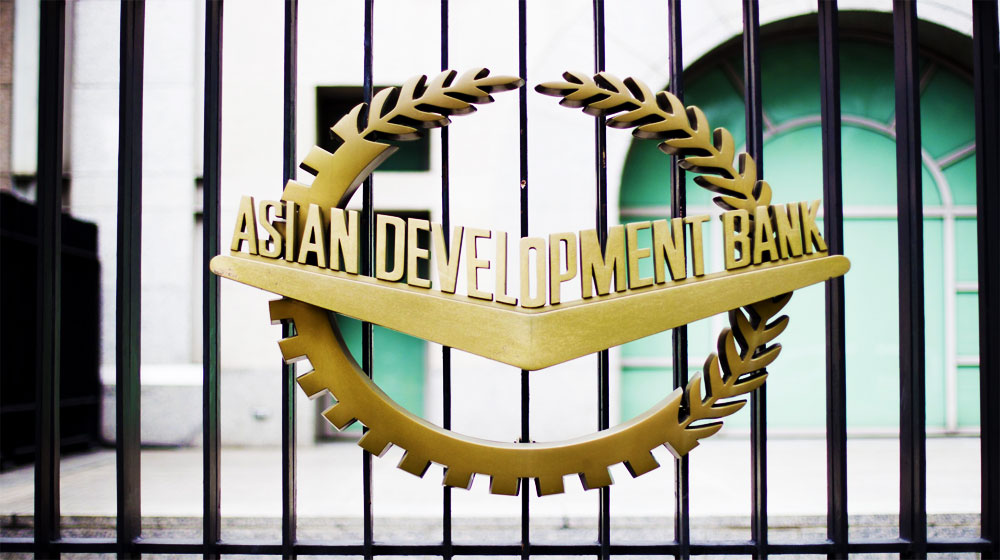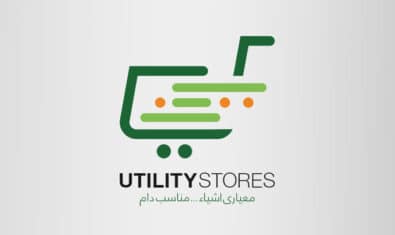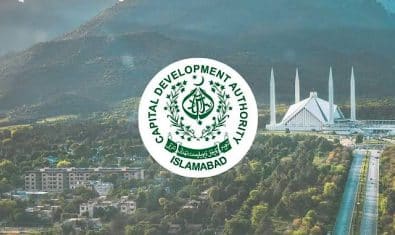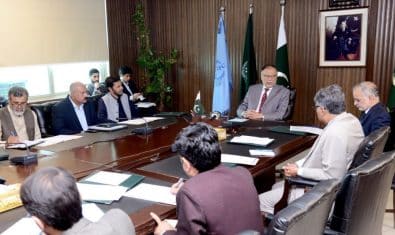Asian Development Bank (ADB) has revised and extended Country Operation Business Plan (COBP) for Pakistan with a proposed sovereign lending program of $7.145 billion for 2018-2020.
Indicative Resource Parameters
Pakistan, a group B developing member country, is eligible for ordinary capital resources (OCR) lending and concessional OCR lending (COL). The indicative resources available during 2018–2020 for ADB’s sovereign operations amount to $4,673.1 million in loans, comprising $3,390.0 million in regular OCR lending and $1,283.1 million from COL.
The final allocation of the loans by year and sector will depend on available resources and the outcomes of the country performance assessments. These resources will be supplemented by ADB’s non-sovereign operations subject to headroom constraints, as well as by official and commercial co-financing.
Funding from other sources, including the regional pool set-aside under COL and OCR for regional cooperation and integration, will also be explored.
The proposed sovereign lending program for 2018–2020 amounts to $7,145.1 million, consisting of $5,756.4 million from regular OCR lending and $1,388.7 million from COL. Additional sources of financing include co-financing, regional set-aside, and non-sovereign funding to process projects beyond the stipulated resource envelope.
The cost-sharing and financing parameters during 2017–2019 have a limit of 85% for the loan portfolio and 90% for the technical assistance portfolio, similar to current limits. Actual shares for specific ADB projects will be determined by project-specific considerations and available co financing.
The country operations business plan (COBP) 2018–2020 of the Asian Development Bank (ADB) for Pakistan is aligned with ADB’s country partnership strategy, 2015–2019, which supports the Government of Pakistan’s objective of high, sustained, and inclusive growth.
The COBP is consistent with the priorities set out in ADB’s Midterm Review of Strategy 2020, and is aligned with the government’s development strategy “Vision 2025”, and the development plans of the provincial governments.
The COBP comprises project loans, policy-based lending for government-led policy reforms, results-based lending for infrastructure development, and institutional reforms.
ADB will re-engage in the education and health sectors, and will actively explore greater use of technology and innovative approaches in projects to support the Sustainable Development Goals.
ADB’s non-sovereign operations will continue to focus on energy security through selective investments to increase the supply of electricity based on domestic sources (e.g., hydropower, gas, wind, and solar).
ADB will also continue to facilitate trade finance and seek opportunities to support:
- Demonstrative projects in mining, logistics, agro-value chains.
- Alternative financing options for agriculture and micro, small, and medium-sized enterprises.
Where feasible, private sector operations will generate synergies with ADB’s public sector assistance, for example, by focusing on public–private partnerships for infrastructure and public sector enterprise reforms in the energy and transport sectors.
Energy
ADB’s indicative resources allocation has decreased from $1.9 billion to $1.69 billion for energy sector. The three-year pipeline 2018-2020 includes a new $1 billion multitranche financing facility for the hydropower development investment program, which focuses on clean energy and hydropower generation.
The two ongoing multitranche financing facilities will continue to support infrastructure development for power transmission and distribution. The projects will deploy transmission systems that will accommodate more intermittent renewable energy and improve resilience against climate change.
Transport
Indicative resource allocation for transport has increased from $1.51 billion to $1.76 billion. The pipeline includes:
- Sustainable National Highway Project.
- Sindh Hyderabad Southern Bypass Project.
- Additional financing for KP Provincial Roads Project.
ADB is supporting:
- The development of a National Transport Policy and Master Plan,
- Pakistan Railway Strategic Plan, and
- National Road Safety Action Plan for improved road asset management.
Agriculture, Natural Resources, and Rural Development
For agriculture, natural resources, and rural development, resource allocation has increased from $545 million t0 $1.09 billion. The pipeline includes five projects:
- Remodeling of Link Canals in Punjab.
- KP Climate Resilient Water Resources Development Project.
- Noulong Multipurpose Development Project.
- Cholistan Water Resource Development Project in Punjab.
- Balochistan Water Resources Development Project.
The pipeline also includes a TA Loan for Punjab Water Resources.
These projects will promote water resources, infrastructure and management in arid and semiarid areas, rehabilitate and upgrade the Indus Basin irrigation infrastructure. They will also establish new, non-perennial irrigation systems.
Water and Other Urban Infrastructure and Services
For water and other urban infrastructure and services, resources allocation has decreased from $500 million to $168 million. The pipeline continues to support Pakistan’s priorities in urban infrastructure, including urban transport and institutional development.
The new demand-driven information and communications technology project will develop a pilot information technology park and test smart urban solutions.
Public Sector Management
The resource allocation for public sector management has increased from $400 million to $800 million. The pipeline includes allocation for policy-based lending for trade and competitiveness, infrastructure financing, and social protection.
The Enhancing Public– Private Partnerships Project is designed to support investments by providing viability gap funds, project development facilities, and support for institutional strengthening by improving public– private partnership transactions.
Finance
Resource allocation for finance was increased from $900 million to $1.07 million. An investment in the Pakistan Infrastructure Development Fund is envisaged to support long-term project finance. National Disaster Risk Management Fund will enhance Pakistan’s resilience and response to climatic and other natural hazards.
Social Sector
For the education, health and information technology, resources allocation was increased form zero to $250 million, zero to $120 million and zero to $200 million respectively. The pipeline includes two new projects:
- Sindh Education Sector Improvement Project.
- Improving Workforce Readiness in Punjab.
The pipeline also includes policy based lending for strengthening Khyber Pakhtunkwa Health System.






















Pakistan Main Government K Zaryeh Kuch Tarraqi Nahi Hoti :
ADB Bank Ko Apna Khud Ka Operation Start Karna Chahyeh tha :